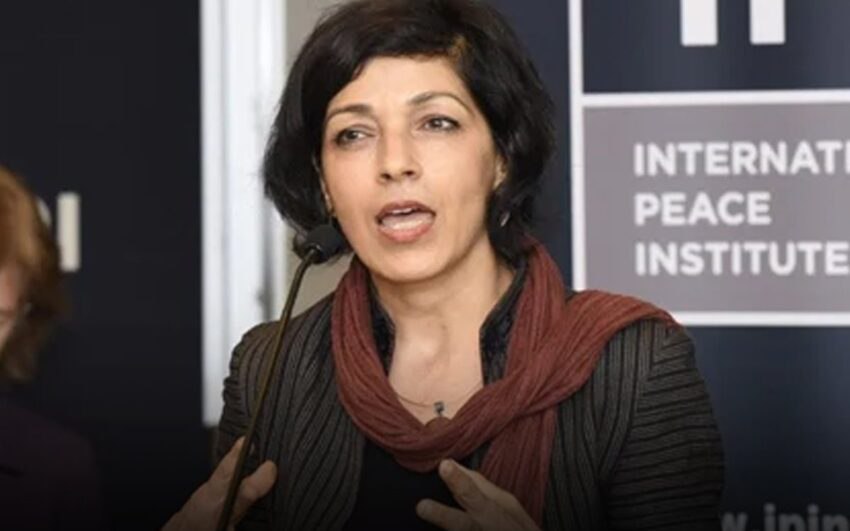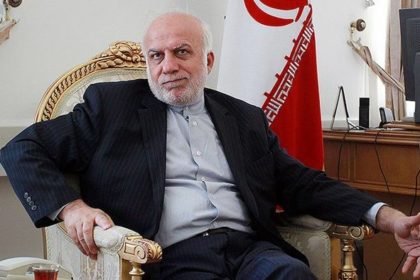RASC News Agency: Rina Amiri, the U.S. Special Envoy for Afghanistani Women, has once again called on the international community to cut diplomatic ties with the Taliban. In a statement on social media platform X (formerly Twitter) on Tuesday, September 10, Amiri urged that relations with the Taliban be suspended until the group fundamentally changes its treatment of Afghanistani women. “I have once again called for an end to the normalization of relations with the Taliban, unless there is a deep and significant shift in their behavior,” she wrote.
Amiri emphasized that respect for all citizens and an end to the Taliban’s gender-based persecution are critical to the collective global agenda regarding Afghanistan. Days earlier, in response to the Taliban’s “Vice and Virtue” law, she reaffirmed the U.S.’s unwavering support for the Afghanistani people, warning that Washington’s patience with the Taliban is nearing its limit.
Her appeal for countries to halt relations with the Taliban comes amid ongoing criticism of the U.S., which remains the Taliban’s largest financial and political backer. Over the past three years, the U.S. has reportedly provided more than $17 billion to the Taliban regime. Furthermore, sources indicate that Washington is supplying $160 million monthly to reinforce the Taliban’s security apparatus, including the Ministries of Defense, Interior, and Intelligence.
Many argue that without the U.S.’s direct support, the Taliban regime would not be able to sustain itself for more than a month. This backing has sparked widespread criticism, with observers contending that it undermines international efforts to pressure the Taliban into respecting human rights and ending their oppressive policies particularly against women and girls.
Amiri’s latest plea underscores growing frustration within the global community, as nations grapple with the apparent contradictions in their approach to dealing with the Taliban. Her call to action raises critical questions about the international strategy moving forward and the potential consequences of continuing to engage with a regime that shows no willingness to reform its repressive governance model.






